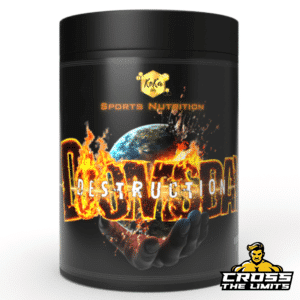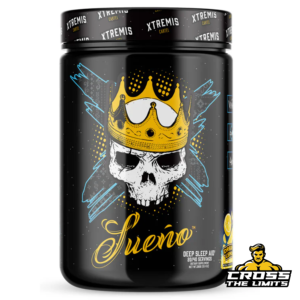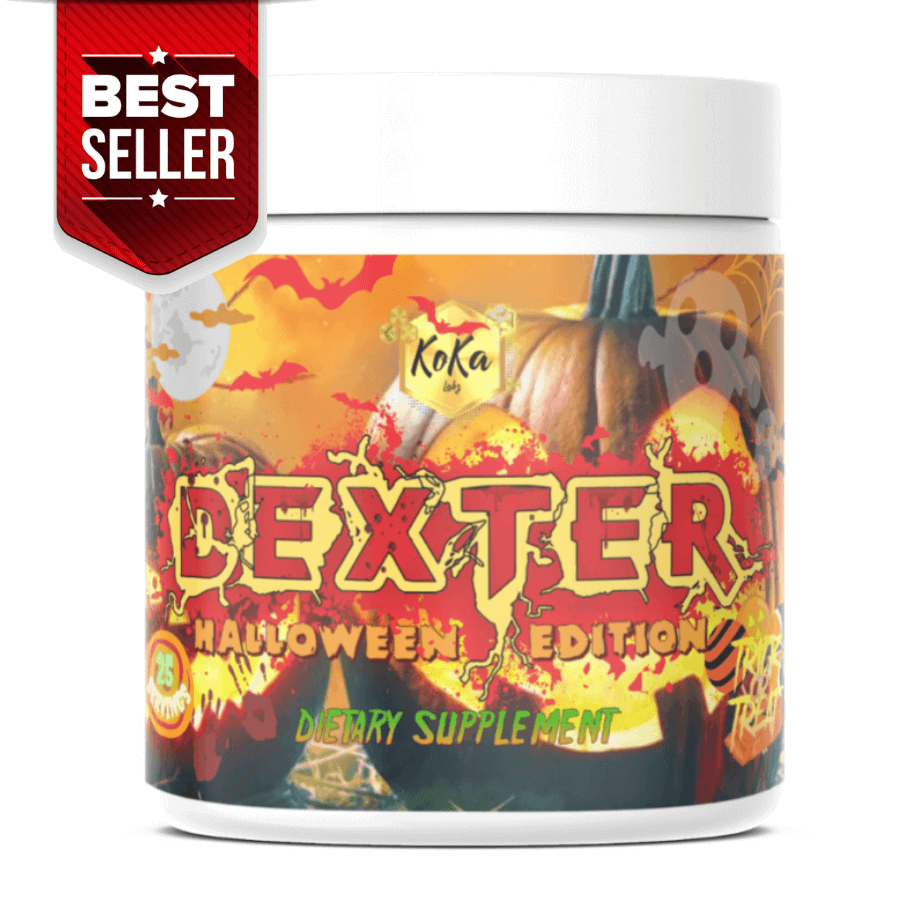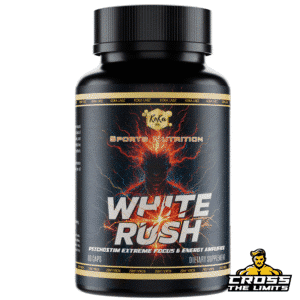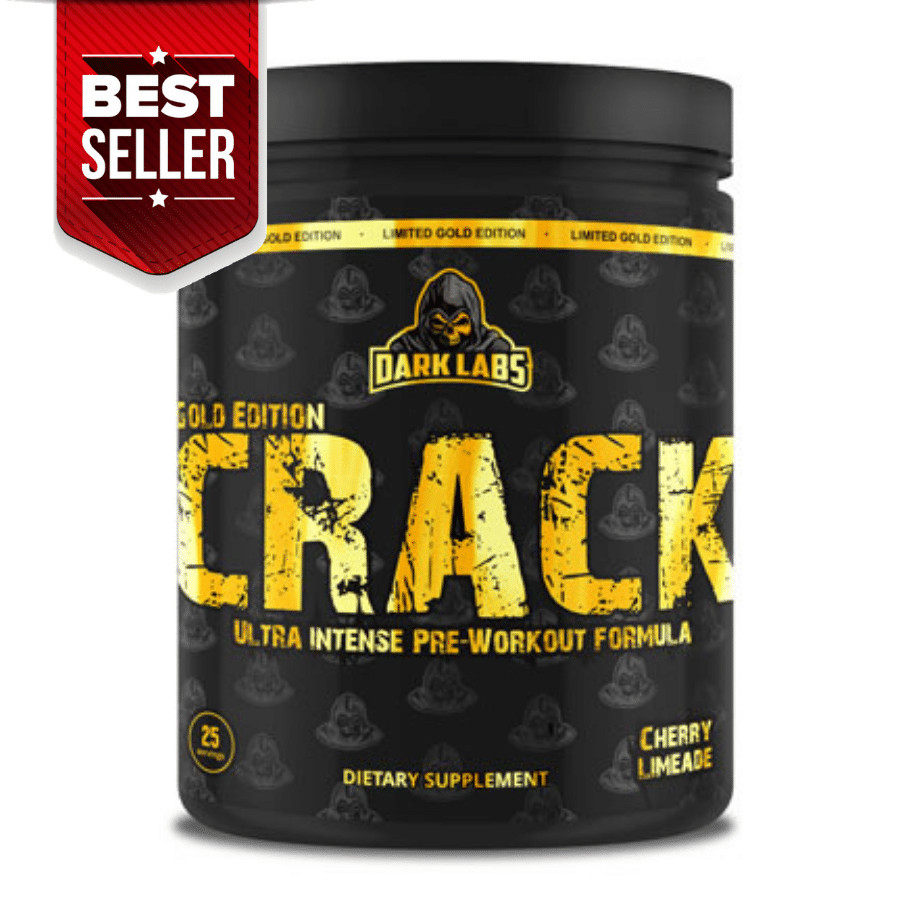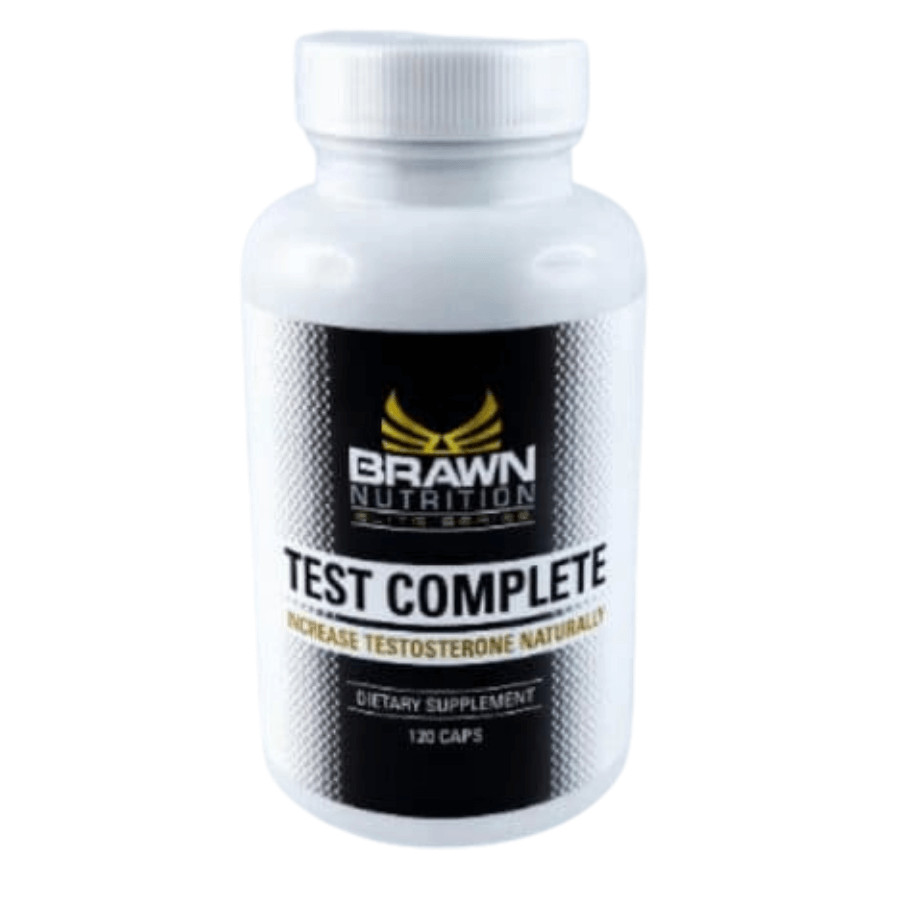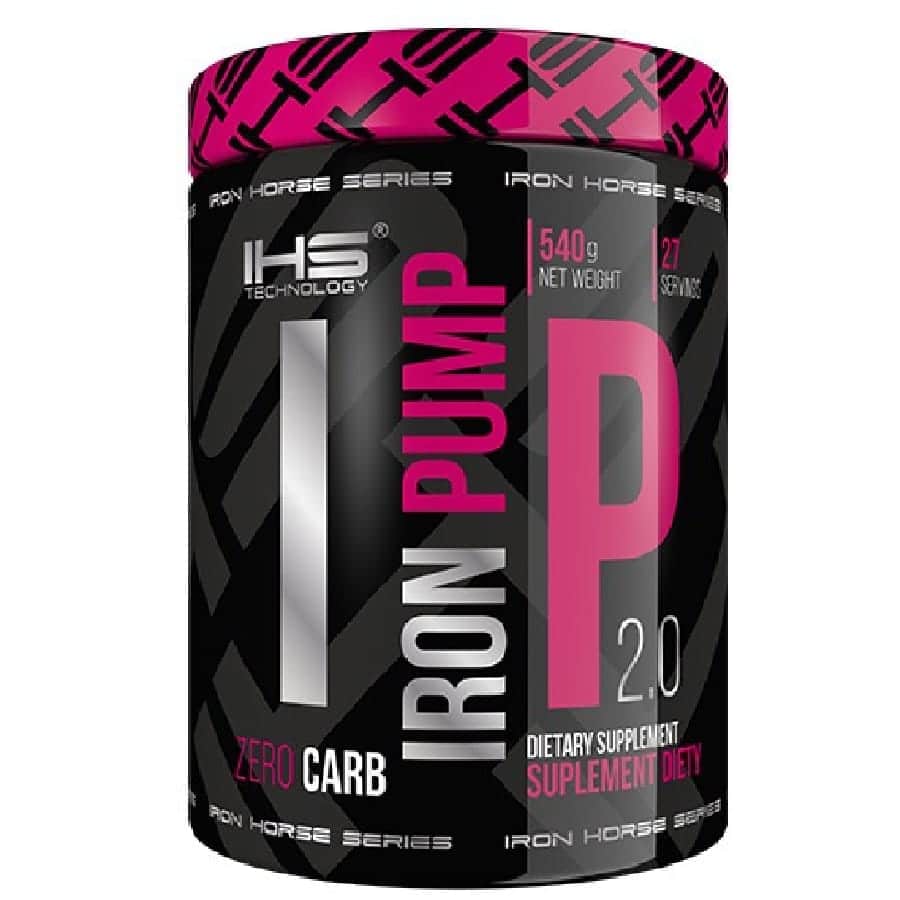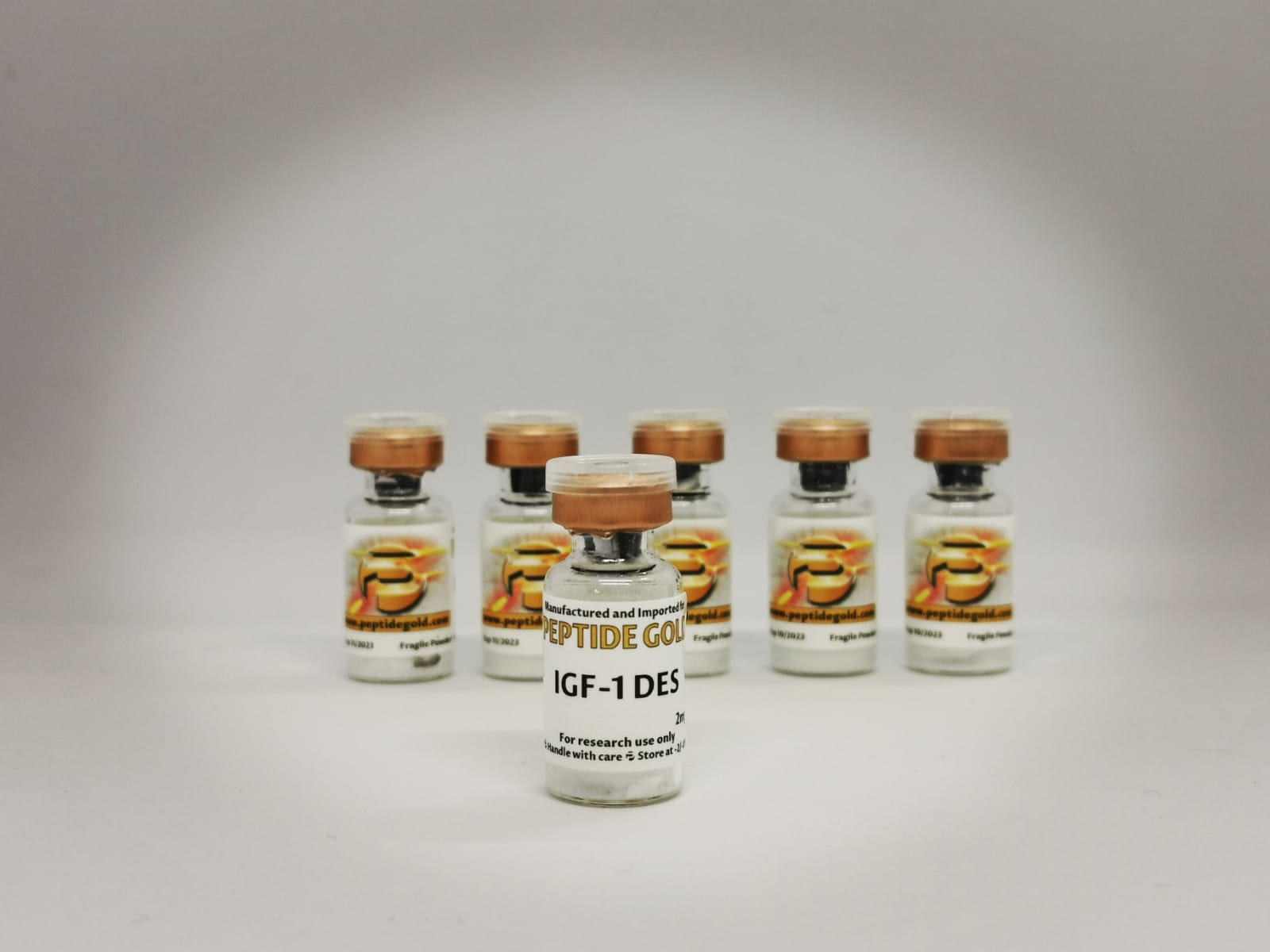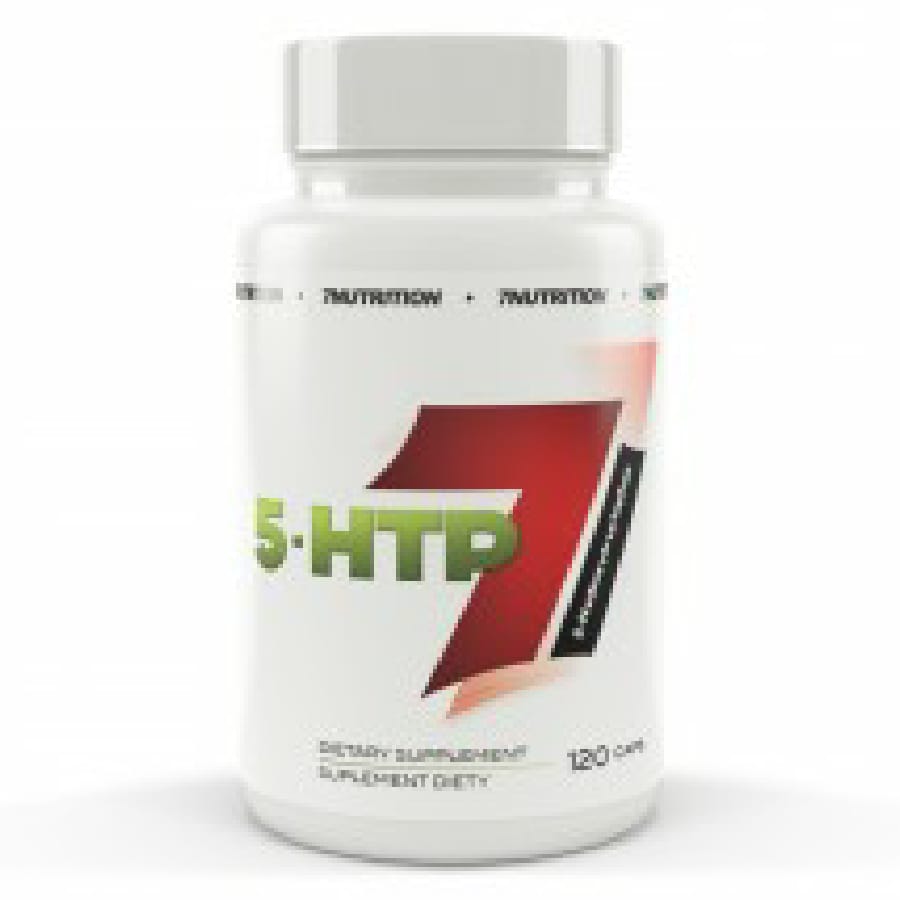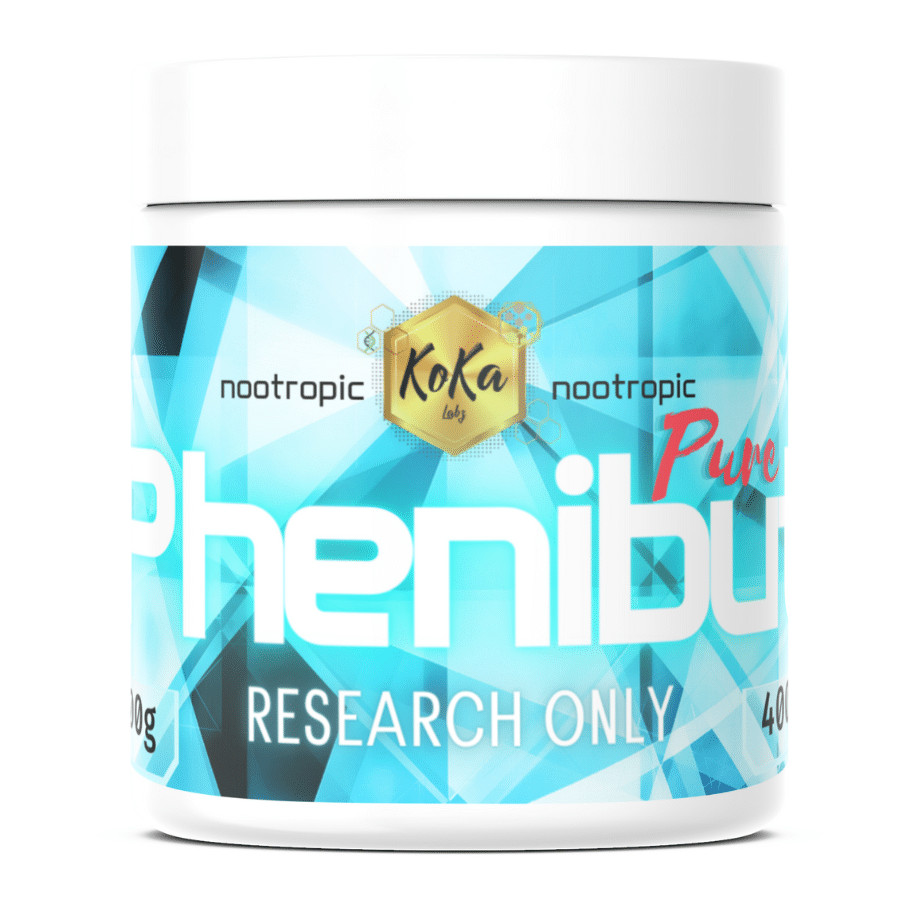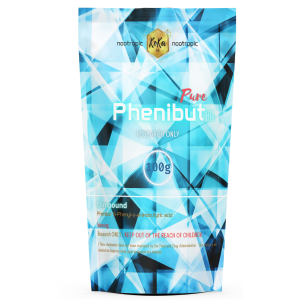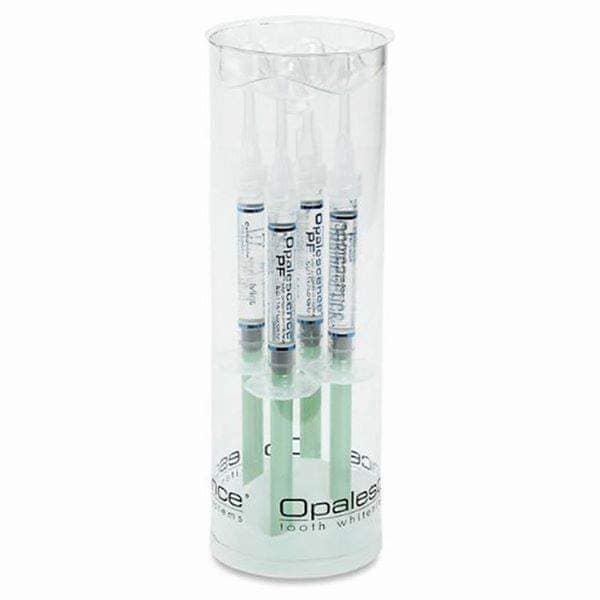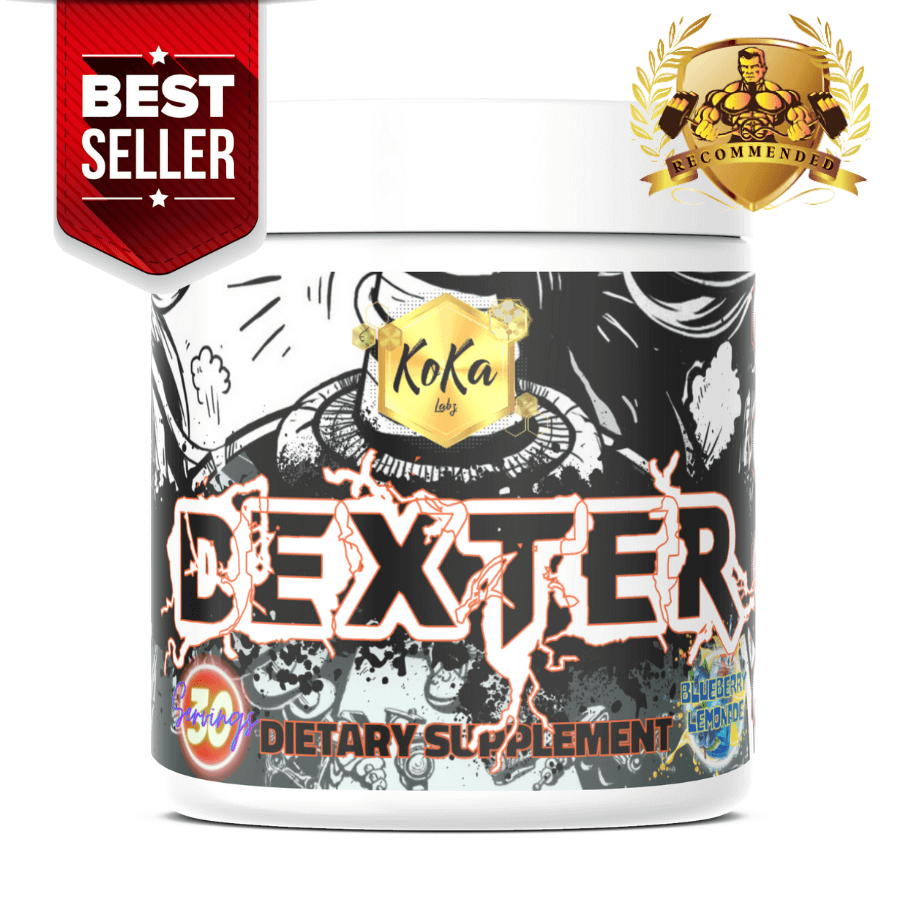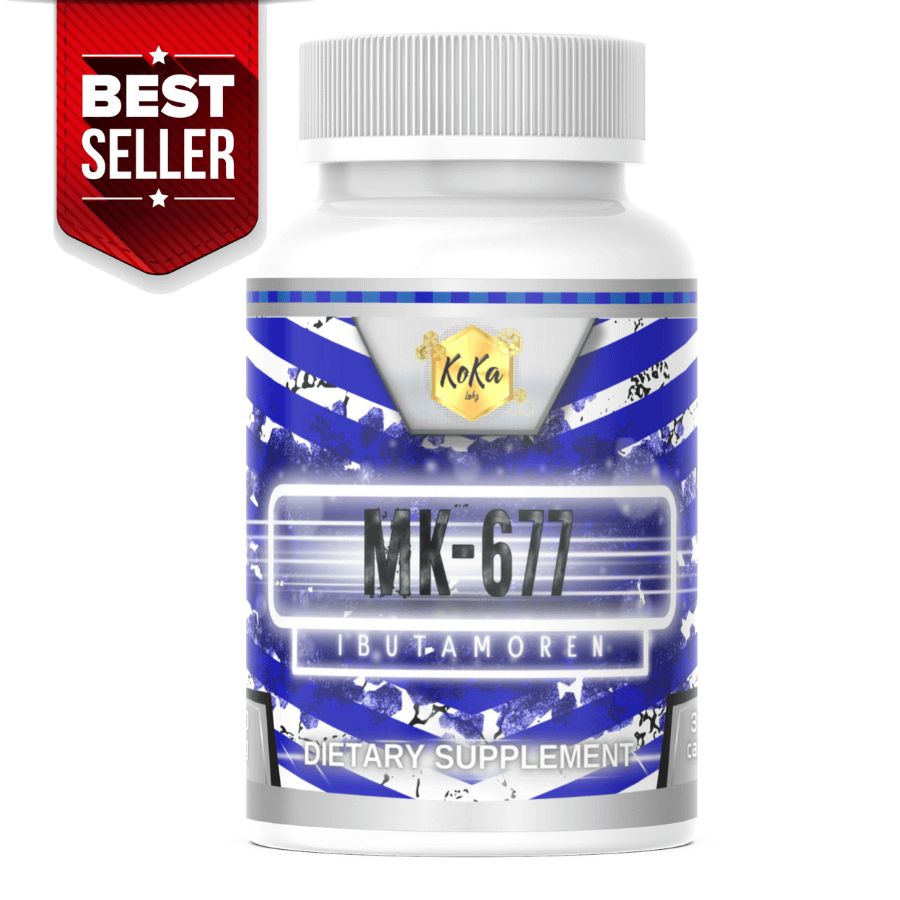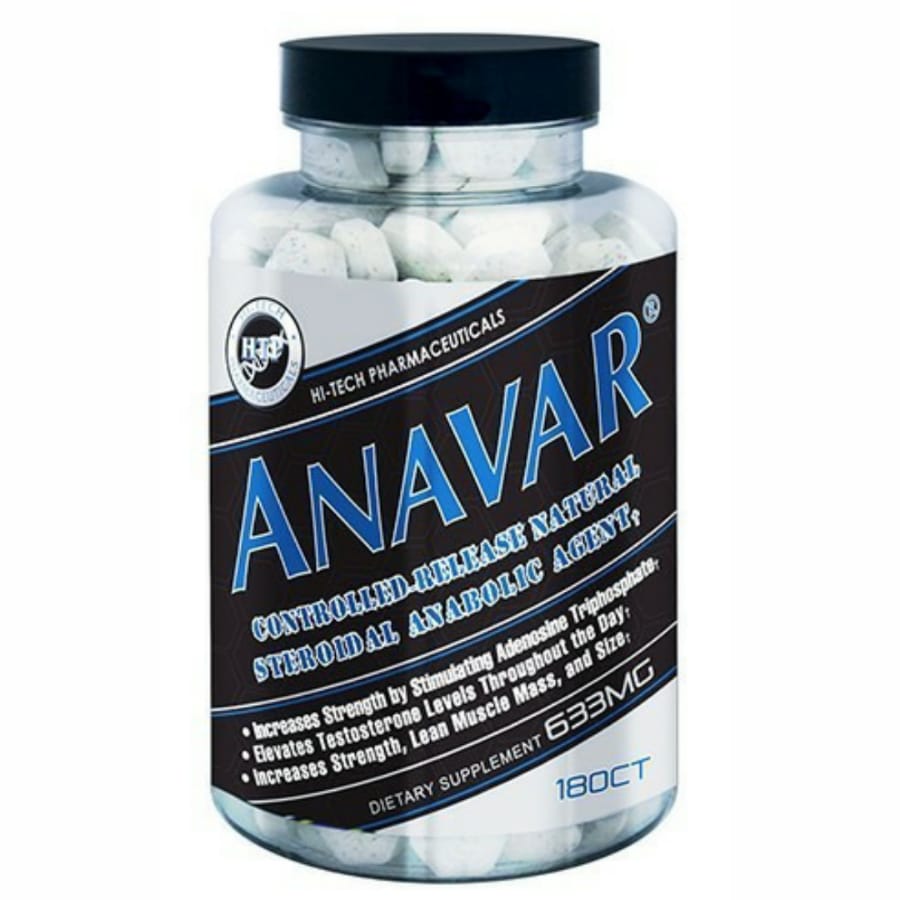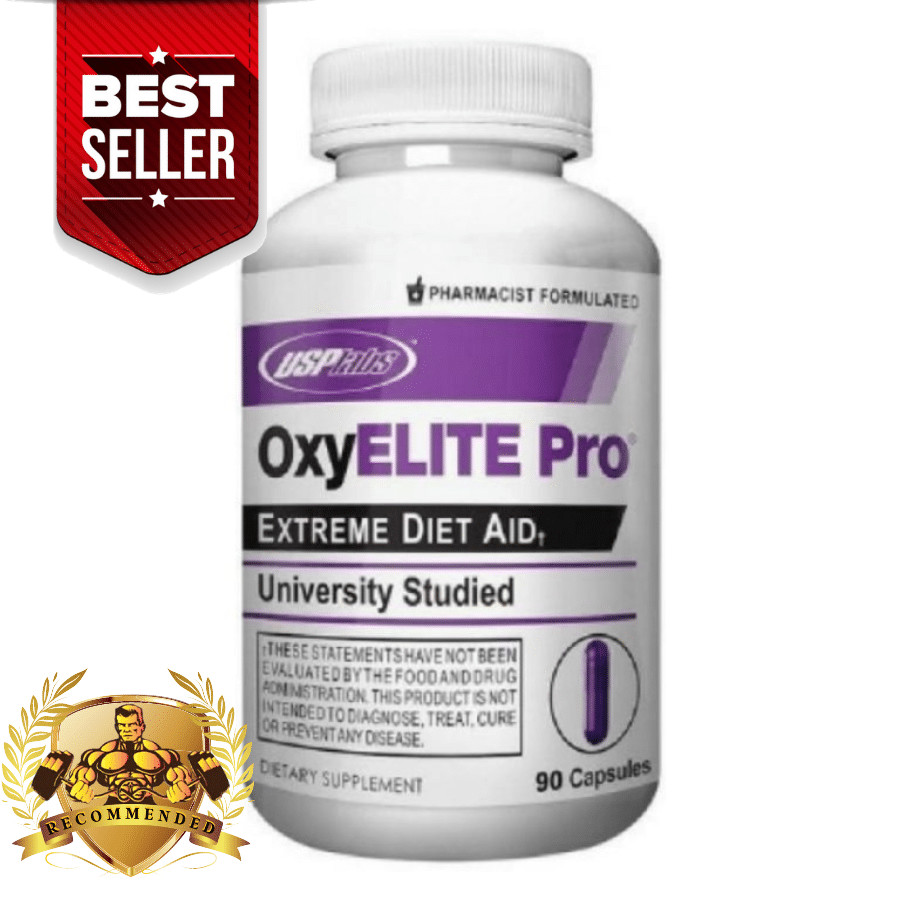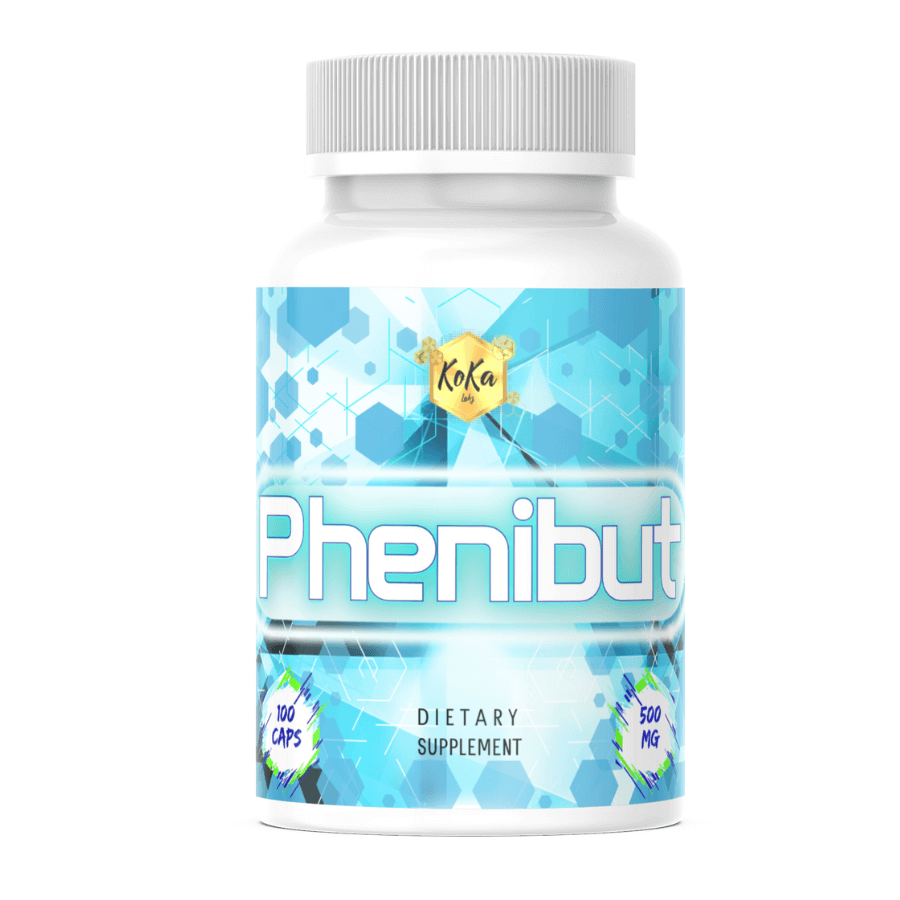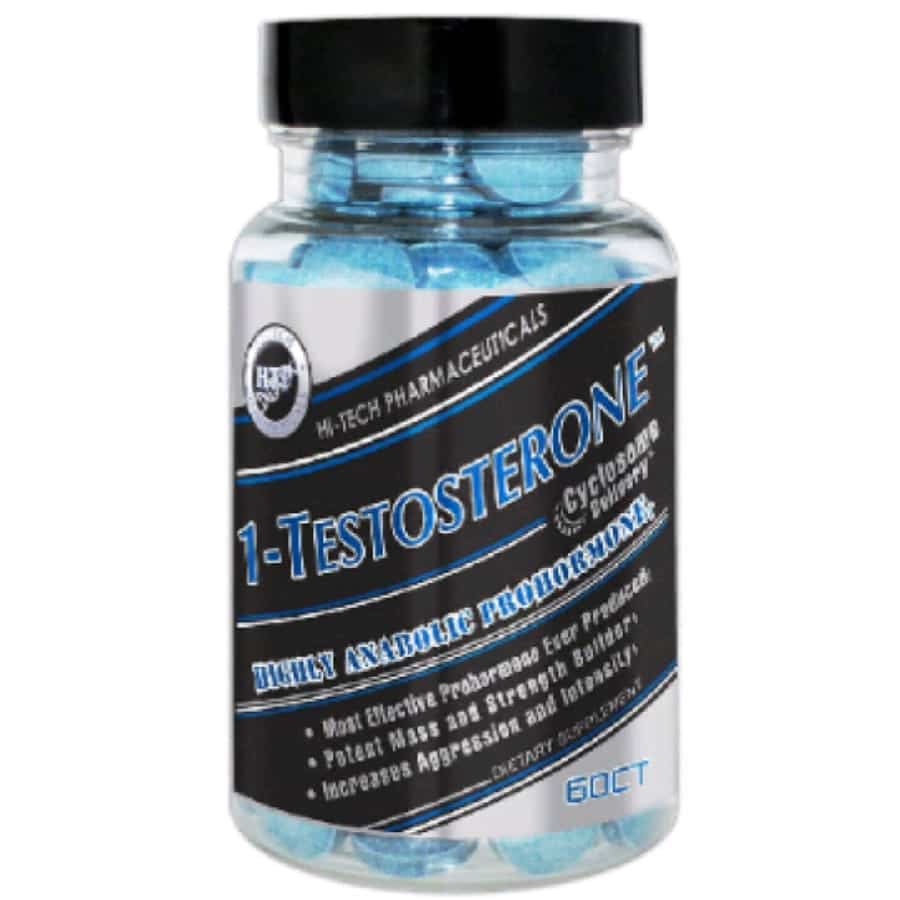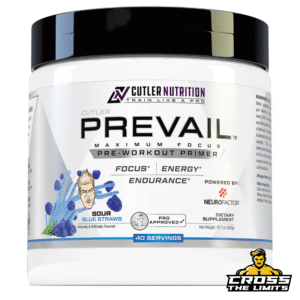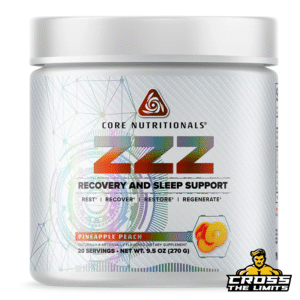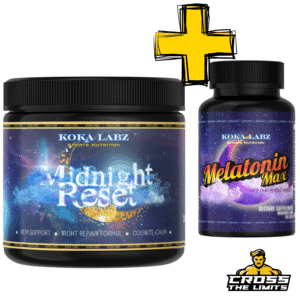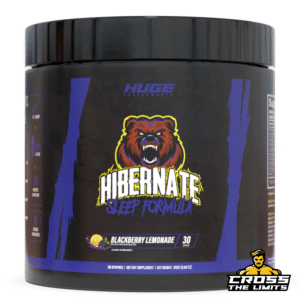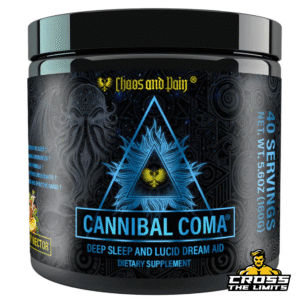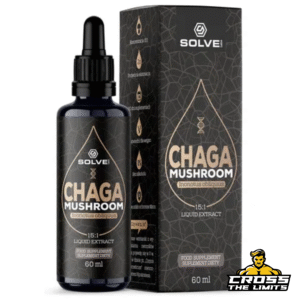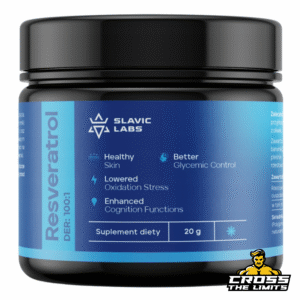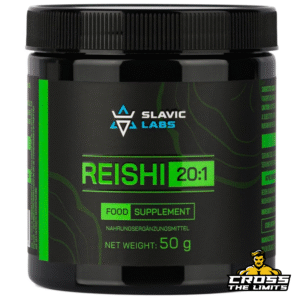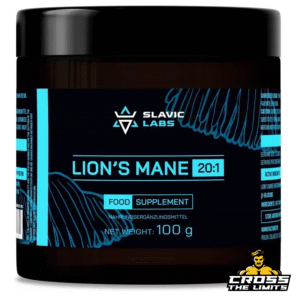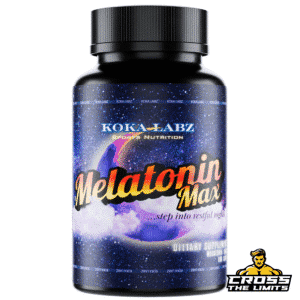
How creatine works – the most popular supplement for athletes
If you’re reading this, you’ve probably heard of creatine and are eager to deepen your understanding of this widely used supplement. And you’re in the right place! This article will guide you through how creatine works, the types of creatine available, and why it’s a smart choice for anyone engaging in gym workouts or other sports activities.
What is Creatine?
Before explaining how creatine works, it’s essential to understand this supplement and why it’s so popular among athletes, particularly those involved in strength sports. Creatine, scientifically known as methyl guanidino acetic acid, was first identified in 1832, but its widespread use in sports nutrition began in the 1890s.
-
Rated 5.00 out of 5AddRated 5.00 out of 5Add
Product no longer in sale
Check our bestsellersSuper Human 369g 2-amino
£41.68Rated 5.00 out of 5Rated 5.00 out of 5Product no longer in sale
Check our bestsellersTurnt Up 308g
£32.06Rated 5.00 out of 5Rated 5.00 out of 5Rated 4.33 out of 5Product no longer in sale
Check our bestsellersIron Pump 540g
£22.90Product no longer in sale
Check our bestsellersProduct no longer in sale
Check our bestsellersiGF-1 DES – 1/2mg
£54.60Product no longer in sale
Check our bestsellersKFD VITAMIN D3+K2 (MK-7)
£7.13 £10.56Product no longer in sale
Check our bestsellersRevange Thermal pro v4 60 caps EXP 06/21
£20.81 £37.76Creatine is a substance composed of amino acids—arginine, glycine, and methionine—that naturally accumulate in the muscles and tendons. This accumulation is crucial in energy production, particularly during high-intensity, short-duration activities. Due to these properties, creatine is highly effective in promoting muscle mass growth, increasing strength, and enhancing overall athletic performance.
How Does Creatine Work? Four Reasons to Consider Creatine
Now that you have a basic understanding of creatine let’s explore how it works and why it has become such a staple in the world of sports supplements.
- Supports Protein Synthesis: Creatine is well-known for supporting protein synthesis, the process through which the body builds and repairs muscle tissue. By enhancing protein synthesis, creatine helps increase muscle mass and accelerate recovery after workouts.
- Anabolic and Anti-Catabolic Effects: Creatine exhibits both anabolic (muscle-building) and anti-catabolic (muscle-preserving) properties. This dual action ensures muscles grow more rapidly while preventing muscle breakdown during intense exercise. As a result, athletes can expect faster gains in muscle mass and strength.
- Enhanced Strength, Endurance, and Speed: Regular creatine supplementation leads to noticeable strength, endurance, and speed improvements. This makes creatine a valuable supplement for strength athletes and those involved in endurance and speed-based sports, such as running and cycling. By replenishing ATP (adenosine triphosphate) levels in the muscles, creatine allows for more extended and more intense workouts, leading to better performance.
- Faster Muscle Recovery: Another significant benefit of creatine is its positive impact on muscle recovery. Creatine helps muscles recover faster after strenuous workouts, allowing athletes to train more frequently and with greater intensity. This accelerated recovery is crucial for athletes with high training volumes.
-
KK labz B-aba-Pheni 200g
£85.44KK Labz B-aba-Pheni 100g
£44.44Product no longer in sale
Check our bestsellersProduct no longer in sale
Check our bestsellersGift Product
£2.99Rated 4.33 out of 5Product no longer in sale
Check our bestsellersKoka Labz Dexter High Stim Nootropic 2-amino 30 servings
£20.00 £40.34Rated 5.00 out of 5Koka Labz MK 30x30mg
£39.50Hi-Tech Anavar 180 Tabs
£55.14Product no longer in sale
Check our bestsellersThe Benefits of Creatine Supplementation
When you commit to regular creatine supplementation, you’re likely to experience a range of benefits, including:
- Increased Muscle Mass: Creatine supports muscle protein synthesis, leading to the development of lean muscle mass. This is particularly beneficial for bodybuilders and strength athletes.
- Improved Strength: Creatine is known for enhancing strength, making it easier to perform more challenging exercises such as bench presses, squats, and deadlifts. This improvement in strength directly translates to better performance in the gym and during competitions.
- Greater Endurance: By replenishing ATP levels, creatine provides an additional energy source for the body, allowing for longer and more intense training sessions. This increased endurance is beneficial for both strength and endurance athletes.
- Faster Recovery: Creatine helps muscles recover quickly after exercise, reducing the time between training sessions. This allows athletes to maintain a high training frequency and achieve better results.
Types of Creatine: Which One Should You Choose?
Creatine works similarly across different forms but differs in absorption and effectiveness. Here are some of the most common types of creatine available:
- Creatine Monohydrate: This is the most popular and widely used form of creatine. It consists of a creatine molecule bonded to a water molecule and offers a high level of efficacy at an affordable price. Creatine monohydrate is an excellent choice for beginners due to its proven track record.
- Creatine Malate: Creatine malate is a compound formed by bonding creatine molecules with malic acid in a 3:1 ratio. This combination improves the body’s absorption of creatine, making it slightly more effective than creatine monohydrate, especially for those seeking better absorption.
- Creatine Citrate: In creatine citrate, the creatine molecule is bonded with citric acid, which enhances absorption. Creatine citrate is particularly effective for building lean muscle mass without causing excessive water retention.
- Creatine Stack: A creatine stack combines several types of creatine into one supplement. When choosing a creatine stack, checking the types and proportions of creatine included is essential to ensure it meets your specific needs.
- Creatine Magnesium Chelate: This form of creatine combines creatine with magnesium particles, further improving its absorption and effectiveness. The addition of magnesium also contributes to the overall benefits of creatine supplementation.
-
KOKA LABZ MIDNIGHT RESET + MELATONIN MAX – ADVANCED NIGHT RECOVERY & SLEEP SUPPORT STACK
£48.99 £55.75How to Take Creatine: Dosage and Best Practices
Understanding the correct dosage and method of taking creatine is critical to maximizing its benefits. There are two common approaches to creatine supplementation:
- Loading and Saturation Cycle: This method involves a “loading phase” where you take 10-30 grams of creatine per day for 5-10 days, followed by a “maintenance phase” where the dosage is reduced to 5 grams per day for 4-8 weeks. This approach quickly saturates the muscles with creatine, allowing you to experience its benefits sooner.
- Continuous Supplementation: In this method, you take a consistent dose of 5 grams per day or 1 gram per 10 kg of body weight without a loading phase. While it may take longer to saturate the muscles with creatine using this method, it is simpler and avoids the high intake associated with the loading phase.
Research suggests that the timing of creatine intake (morning, noon, or evening) is less important than maintaining regular and consistent supplementation over several weeks. Following the recommended dosage on the product packaging is crucial, and consult a healthcare professional if you have any concerns.
You can pair it with other supplements such as carbohydrates, leucine, estragon, or alpha-lipoic acid to enhance creatine absorption. Additionally, staying well-hydrated by drinking plenty of water is essential when taking creatine.
-
Rated 5.00 out of 5Rated 5.00 out of 5
Product no longer in sale
Check our bestsellersSuper Human 369g 2-amino
£41.68Rated 5.00 out of 5Rated 5.00 out of 5Product no longer in sale
Check our bestsellersTurnt Up 308g
£32.06Rated 5.00 out of 5Rated 5.00 out of 5Rated 4.33 out of 5Product no longer in sale
Check our bestsellersIron Pump 540g
£22.90Product no longer in sale
Check our bestsellersProduct no longer in sale
Check our bestsellersiGF-1 DES – 1/2mg
£54.60Product no longer in sale
Check our bestsellersKFD VITAMIN D3+K2 (MK-7)
£7.13 £10.56Product no longer in sale
Check our bestsellersRevange Thermal pro v4 60 caps EXP 06/21
£20.81 £37.76Is Creatine Worth It?
Now that you understand how creatine works and the different available forms, you can confidently consider whether it’s the right supplement. Creatine is used by amateur and professional athletes worldwide for good reason. It effectively increases lean muscle mass, strength, speed, and endurance, improving performance during training and competitions.
Moreover, creatine is a safe supplement with no significant side effects when taken at the recommended doses. Exceeding these doses may cause mild side effects like diarrhoea, nausea, or vomiting, but such instances are rare.
Our store has a wide selection of high-quality creatine supplements in powder and tablet forms sourced from the best manufacturers. This ensures you get a safe and effective product trusted by millions of active individuals worldwide.
Incorporating creatine into your supplement regimen makes a solid investment in your athletic performance and overall fitness.
About the author
Cross The Limits
Cross The Limits is a passionate advocate for health, fitness, and well-being. Since 2018, we have been providing top-quality dietary supplements and vitamins across the UK. Based in Suffolk, our team is committed to helping you achieve your fitness goals with trusted products, expert advice, and unwavering support. Through our blog, we share valuable tips, insights, and the latest trends to inspire and guide you on your health and fitness journey.
Check other posts

5 Simple Ways to Boost Your Energy
June 25th, 2025
Read more
What are the Best Supplements for Muscle…
June 18th, 2025
Read more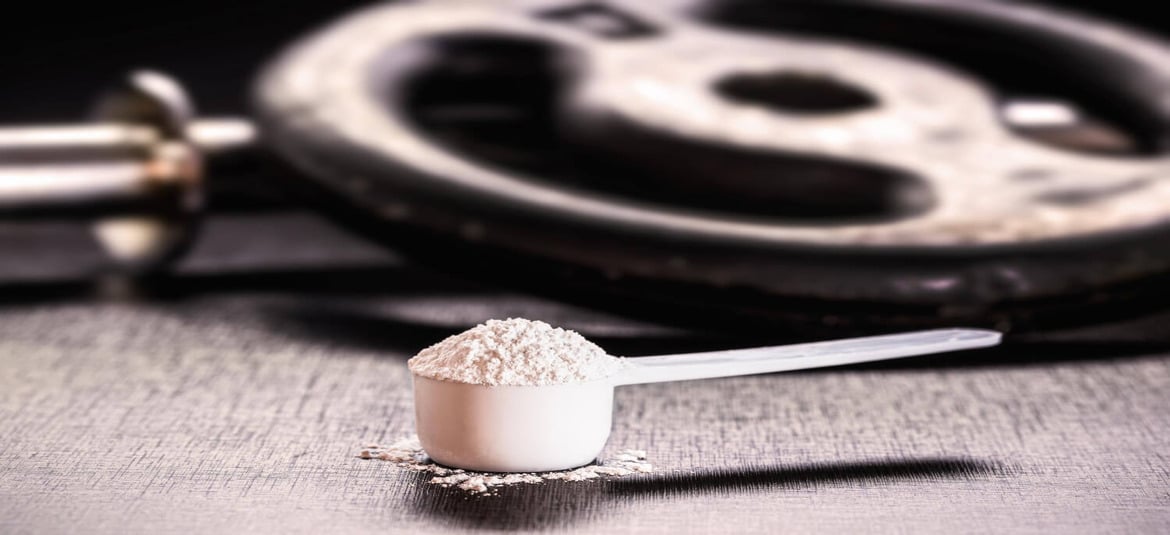
Should You Take Creatine Before or After…
June 11th, 2025
Read moreWe use cookies to ensure that we give you the best experience on our website. If you continue to use this site we will assume that you are happy with it.
ACCEPT
